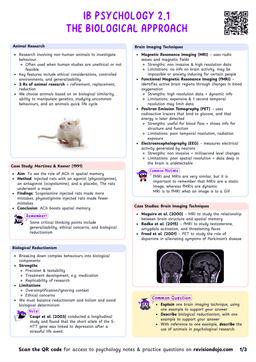Barriers to Change
- Things that hinder our ability to change behaviour
- Can include resistance, lack of motivation, fear, habits, etc.
- Why do people not change in order to engage in more healthy behaviour?
- Understanding change is important for the field of clinical psychology.
- Researchers often look into people's resistance to treatment and why they choose to not cope healthily.
Intervention, prevention, and promotion strategies
- These usually aim to address behavioural issues in either treatment or to avert the development of an adverse behaviour.
- They aim to provide a comprehensive approach to tackling mental health issues.
Intervention
Cognitive Behavioural Therapy (CBT) aims to improve mental health through one's cognition (thoughts) and behaviour (acts).
Prevention
A program at work aimed to teach resilience and coping mechanisms.
Promotion
A city-wide campaign to promote exercise.
Effectiveness of Treatment
- The effectiveness of a treatment refers to the extent to which an intervention achieves its ideal outcome.
- It can be measured as a reduction in symptoms of a mental disorder (functioning, severity, etc.)
- We can use this to deduce which treatments are most useful.
Agency and Motivation
- Agency refers person's ability to make choices, in other words, their autonomy.
- Motivation is the drive to engage in behaviours that lead to desired outcomes.
- Agency is an attitude, whereas motivation is part of cognition.
- A highly motivated student aiming for straight As would ask for extra credit, complete all homework on time, and study hard for exams.
- Those with lower motivations may wait for those opportunities to come to them instead of actively seeking it out.
- How do prevention and promotion strategies differ?
- How can we operationalize the effectiveness of a treatment in a study?


